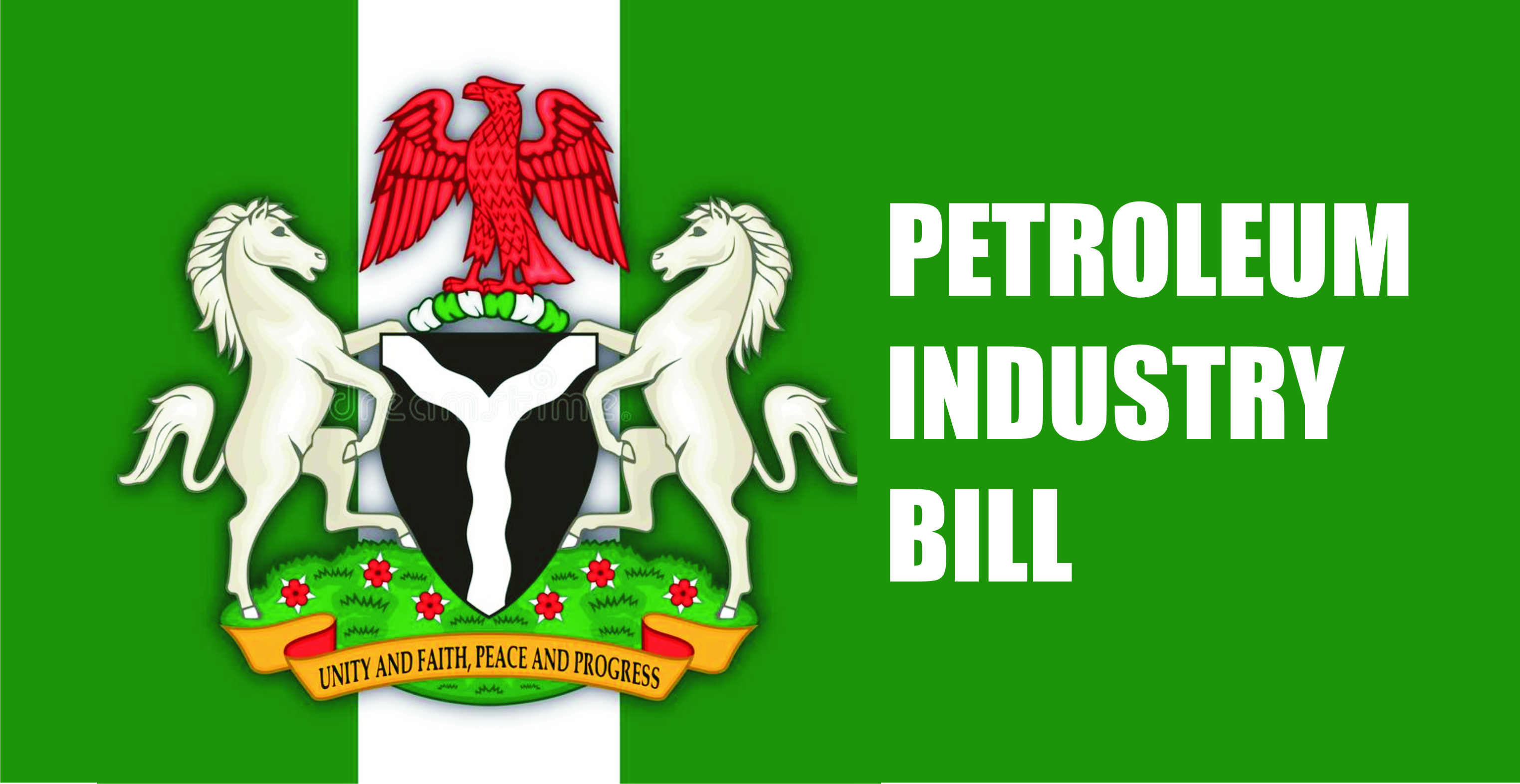Editorial
PIB: Beyond The Fisticuffs

The venue of the public hearing on the Petroleum Industry Bill (PIB) was thrown into turmoil following a fight by some members of the host communities of crude oil reserves in the Niger Delta. The people had gathered from the different parts of the oil-producing communities with a greater number from the core Niger Delta states to make presentations on the bill.
The public hearing began with major stakeholders making their presentations. However, the fight broke out when the Chairman of the Ad-hoc Committee on PIB, Hon. Mohammed Monguno, who had been moderating the proceedings, called the host communities to make their inputs.
Monguno had earlier given a notice of a harmonised leadership of the host communities that would make presentations through one person. But apparently, the announcement did not go down well among the people who appeared to have struggled amongst themselves over who would represent them.
To this end, they resorted to fighting themselves, disrupting the proceedings. The unhealthy development left lawmakers and other participants scampering for safety. However, calm was restored after the security agents from the Nigerian police intervened in the matter.
Recall that the Federal Government had in the PIB proposed 2.5 per cent as royalty for the host communities instead of the 10 per cent that was in the older version of the bill considered by the 8th National Assembly. At the public hearing, the people insisted on the 10 per cent.
We condemn the conduct of the chiefs and stakeholders from the oil-producing communities. It is shameful that the leaders, instead of presenting a common front at the venue, turned against themselves. The development was contemptuous and constituted a breach of the sanctity of the House. Their vile conduct portrayed the Niger Deltans as aggressors and trouble-mongers. But the truth is people from the region are more decent than thought.
Many years of agitations for justice and equity by the Niger Deltans are somewhat unsuccessful because some stakeholders from the region have become agents of disunity in the hands of detractors who are bent on destabilising the region to deny it its rightful dues. Such persons see development in the area as a threat to their aspirations.
We blame Monguno and his committee for doing the bidding of their paymasters and for poorly conducting the public hearing in a way that suggested sentiments on their part. Given the critical nature and significance of the PIB to the functionality of the oil and gas sector, it was of utmost importance that all stakeholders were treated equally and accorded the same opportunity to discuss its contents and proposal. Unfortunately, only one person was appointed to speak on behalf of other communities. This is a further demonstration of the contemptible manner the Nigerian State has regarded the people of the region.
Since the PIB was amended and reintroduced to the 9th National Assembly, its provisions have been in contention by the host communities. While we support a speedy passage of the bill, we are more interested in its contents and quality. As currently proposed, the PIB 2020, is inadequate to address the environmental, human rights, and livelihoods concerns of host communities. That is why we think that the improperly conducted public hearing could have been the golden opportunity to straighten out all the issues in friction.
The role of the police in bringing the skirmish to an end is commendable. But for their prompt intervention, the situation would have worsened and perhaps resulted in massive bloodshed. This is an indication that if supported and properly funded, the police could conduct their affairs more professionally than thought.
It is ignominious that the Minister of State for Petroleum Resources, Timipre Sylva, joined forces against his people to fault the position of host communities who are insisting on collecting 10 per cent of the operating expenditure of the oil firms to set up a trust fund. We wonder why representatives, lawmakers and senators from the region watch other people bastardise the bill.
While we hope that the PIB will be passed in April this year as promised, we stand with those asking for the 10 per cent equity shareholding. We are aware that even that percentage may not be enough to adequately meet the needs of host communities. If included in the bill, it will equally guarantee security in the local communities that produce oil and gas and ensure that no one will spill any oil or vandalise any pipeline.
The PIB should be seen as an instrument to provide legal backing and protection for the development of host communities and the collective good of the nation including a balance of interest between stakeholders of the petroleum sector. Therefore, our ability to dissent peacefully and treat each other with dignity and respect even in the face of controversy will play a key role in determining the success of one of the ideals for which this legislation is being considered. That grievance can be properly addressed without violence and chaos in our host communities.
Editorial
Beginning A New Dawn At RSNC

Editorial
Sustaining OBALGA’s Ban On Street Trading

Editorial
AFCON ’25: Bravo, Super Eagles, But…

-
Maritime4 days ago
Nigeria To Pilot Regional Fishing Vessels Register In Gulf Of Guinea —Oyetola
-

 Sports4 days ago
Sports4 days agoGombe-Gara Rejects Chelle $130,000 monthly salary
-
Maritime4 days ago
Customs Declares War Against Narcotics Baron At Idiroko Border
-

 Sports4 days ago
Sports4 days agoTEAM RIVERS SET TO WIN 4×400 ” MORROW” …Wins Triple jump Silver
-
Maritime4 days ago
NIMASA,NAF Boost Unmanned Aerial Surveillance For Maritime Security
-

 Sports4 days ago
Sports4 days agoNPFL Drops To 91st In Global League Rankings
-

 Sports4 days ago
Sports4 days agoNIGER DELTA GAMES PANACEA TO YOUTH DEV”
-

 Sports4 days ago
Sports4 days agoNPFL Impose Fines On Kwara United Over Fans Misconduct

